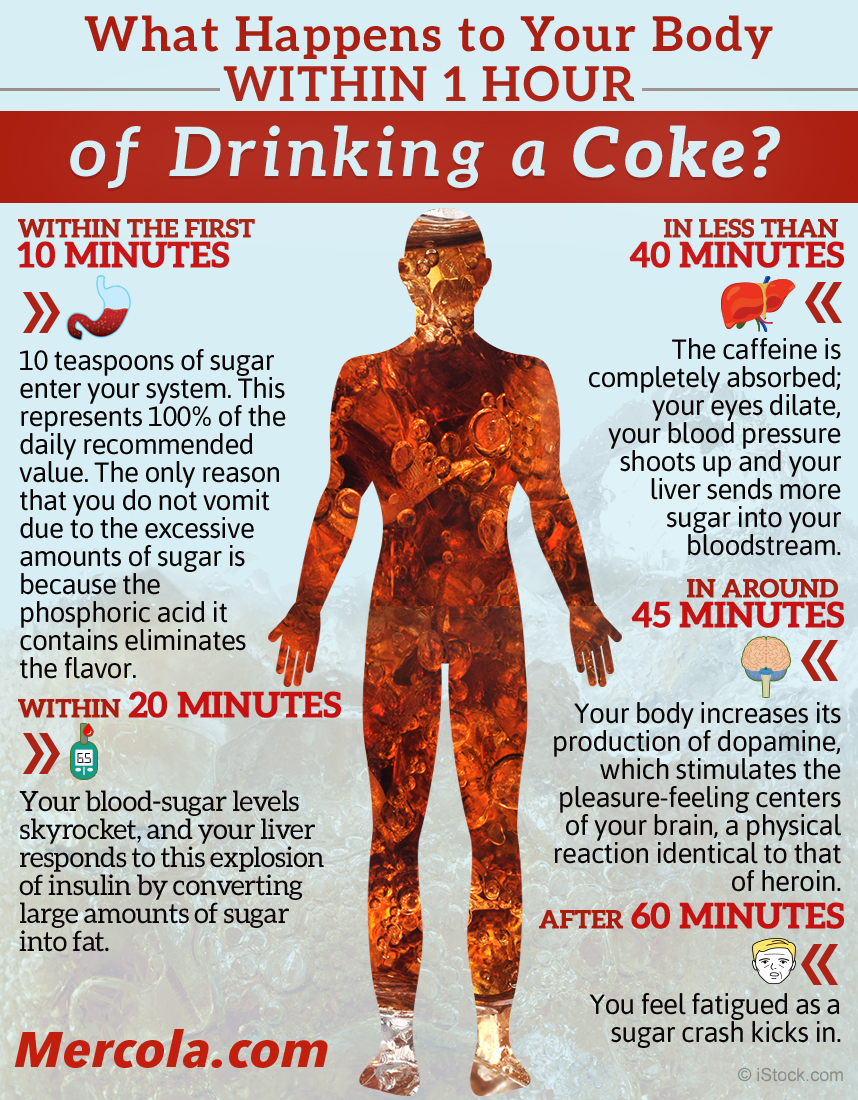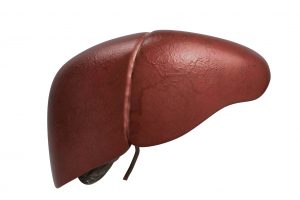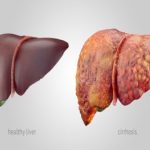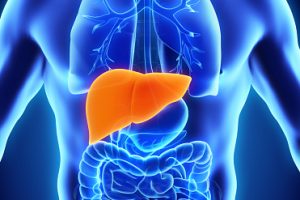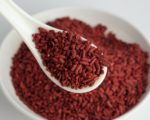EXPERTS SAY EXPERIENCING THIS AT NIGHT COULD BE A TELLTALE SIGN OF LIVER DISEASE.
By KALI COLEMAN
MARCH 15, 2021

Too much sugar consumption, putting on a few pounds, and drinking even just a little bit of alcohol can all potentially harm your liver. And unfortunately, you can't just check in and make sure everything's running smoothly with this vital organ without the help of a medical professional. But there may be a way for you to notice if something is amiss early on. According to experts, if you experience a certain uncomfortable symptom at night, you need to get your liver checked ASAP. Read on to find out if you should be worried, and for more at-home health tests, If You Can't Do This in 90 Seconds, Your Heart Is in Danger, Study Says.
If so
If something is amiss with your liver, it could result in you feeling itchy at night.

If you start to experience itching at night, you should talk to your doctor. Itching is associated with liver disease, and it "tends to be worse in the late evening and during the night," Healthline reports.
According to Wendie A. Howland, RN-BC, a registered nurse and legal nurse consultant, one of the duties the liver is responsible for is breaking down and excreting substances your body doesn't need through bile. "If it fails to be able to do that, for whatever reason, the next excretory organ to try to take up the slack to get rid of bile salts is the skin," Howland explains. "This produces itching." And for more on what habits could be affecting your liver, read up on When You Should Take Tylenol Instead of Advil, Doctors Say.
Itching associated with liver disease doesn't tend to produce a rash and is most common on your palms and soles.

Itching is usually associated with skin diseases, but unlike skin diseases, "you generally do not notice a rash" if the itching is a response to liver disease, says Leann Poston, MD, a licensed physician and medical advisor for Invigor Medical.
"Itching associated with liver disease tends to primarily affect the limbs, especially the palms and soles," she explains. "It is usually worse at night and exacerbated by heat, during the menstrual cycle, with hormone replacement therapy, pregnancy, and contact with wool." And for more symptoms you need to pay attention to, check out the Subtle Signs Your Body Is Telling You Something's Seriously Wrong.
If you notice yellowing skin or eyes alongside the itching, you need immediate medical attention.

According to Poston, it can be hard to correlate itching and liver disease on your own, as not everyone who has liver disease develops itching and itching could also be your only symptom of liver disease. But Javeed Siddiqui, MD, chief medical officer at TeleMed2U, points out that if your itching comes with yellowing of the whites of your eyes or skin, known as jaundice, your situation "warrant[s] immediate medical attention."
Howland says that other symptoms of liver disease can include bleeding, bruising, black bowel movements, dark urine, abdominal swelling, nausea, lack of appetite, and abdominal pain. And for more up-to-date health news delivered right to your inbox, sign up for our daily newsletter.
Itching can also be caused by many things other than liver disease.

Of course, itching can also be a symptom of many other non-serious issues and other diseases, ranging from kidney failure and blood disease, Poston points out. You're also more likely to tune into itching at night when these kind of obnoxious sensations are more noticeable because you are quiet and resting and other factors aren't drowning them out, Howland says.
But it's important to get any type of unusual itching checked out, especially if it occurs during the nighttime. "It is best to evaluate the cause of the itching in order to treat the itching. Seeing a healthcare professional is the best first step," Siddiqui explains. If it is liver disease, delaying a diagnosis can limit your treatment options and could result in permanent damage to your liver or even death, he added. And for more health problems you may be facing late in the day, If This Body Part Hurts You at Night, See Your Doctor.
